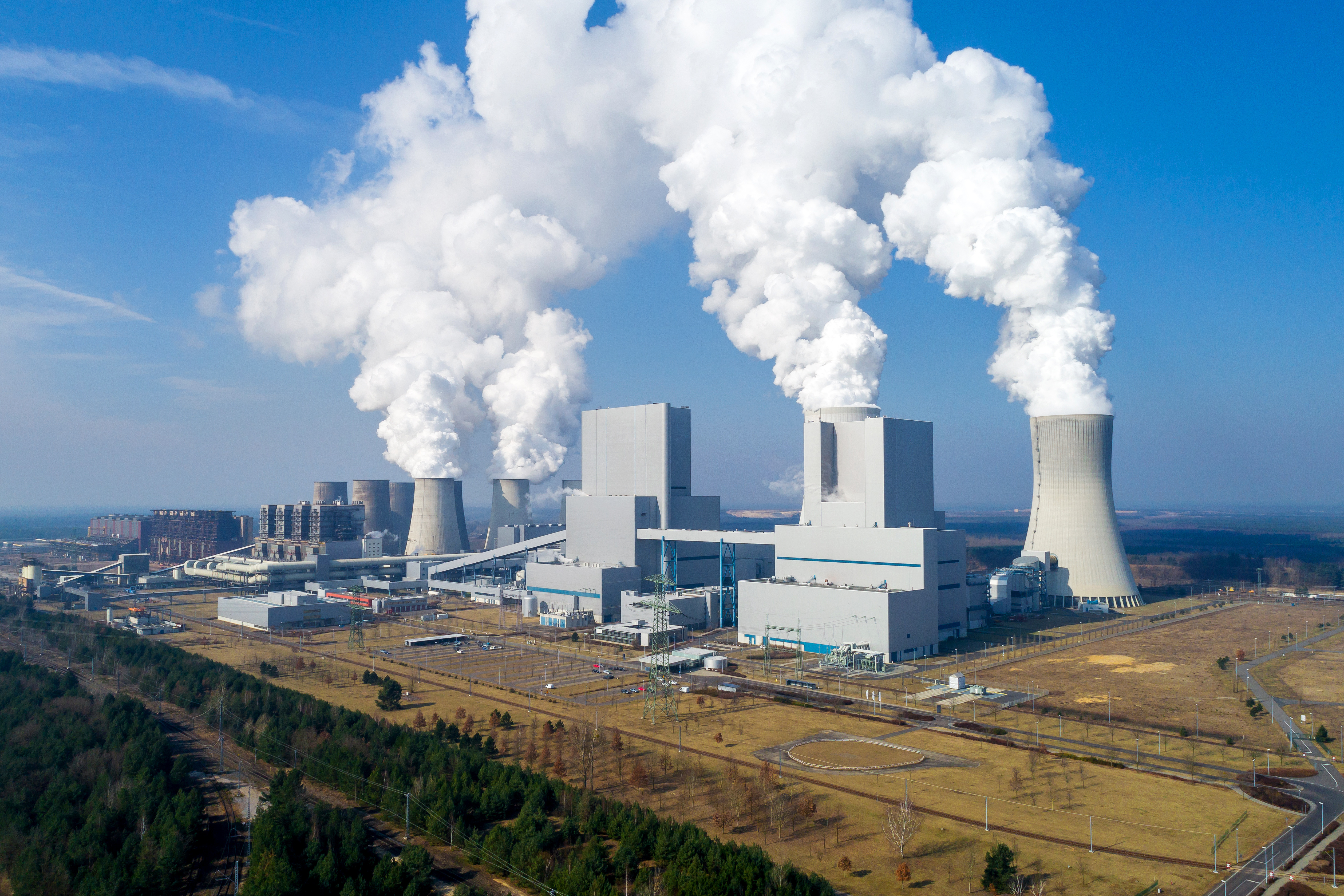German government and states seal coal exit support deal for mining regions
Germany’s coal mining states can start implementing concrete projects to make their regions future-proof and help them transition away from the fossil fuel they have depended on for decades. Representatives from federal and state governments met in Berlin on 27 August to sign an agreement on the 40 billion euros in support to ensure a just transition for coal regions.
“Where coal is still being mined today, new, climate-friendly technologies of the future, such as large battery storage systems or hydrogen production, will shape the picture in the coming decades,” said environment minister Svenja Schulze. She added the government would for example support the establishment of new environmental and energy science and research centres in the coal regions.
Ulrich Nußbaum, state secretary in the federal economy ministry, said after the signing of the agreement: “The first projects can now be implemented for the benefit of the regions concerned. By 2038, we not only want to cushion the consequences of the coal exit. We also want to show that it can be an opportunity for modernisation and growth.”
Kathrin Schneider, head of the state chancellery of eastern German Brandenburg, said the agreement brings long-term financial security. Strengthening and developing competitiveness would be the priority for transition projects. “This includes improving the infrastructure, expanding science and research facilities, developing innovations and attracting and developing companies,” she said.
“The coal regions will be European model regions for the economy, innovation and future energy supply,” Reiner Haseloff, state premier of Saxony-Anhalt, had told Frankfurter Allgemeine Zeitung.
The support agreement is part of the larger coal exit plan decided by Germany this year. In a vote hailed as "historic", Germany's parliament in July adopted the law that will ensure the phase-out of coal power by no later than 2038. The decision had followed two years of intense debate about the country's climate action ambition and the changes needed to meet them. The efforts aimed to reconcile interests in a broad compromise but they ended in discord. While the law indeed marked a crucial step in the German Energiewende, it failed to garner widespread support and has instead drawn heavy criticism for falling short of climate targets and granting coal companies too much compensation.
Parliament also adopted the law governing support payments for mining regions. The coal states will receive a total of 14 billion euros until 2038 for direct investments in the regions and the federal government will provide another 26 billion euros to implement "further measures" to strengthen local economies.
The federal government and states also created a task force to coordinate the support across the country to ensure swift implementation of specific projects. The new body is meant to ensure a balanced distribution of funds and provide optimal support for the coal regions.
Dietmar Woidke, the premier of the eastern German state of Brandenburg, sees a great opportunity in the coal exit for his region, reports public broadcaster rbb. “The state of Brandenburg has what it takes to be a model region in Germany for how climate-friendly CO₂-free industrial production can be successful,” Woidke said in a statement. "Without this excellent reputation, Tesla would never have been interested in the additional location in Berlin-Brandenburg,” he added. The US carmaker last year announced that it would build a gigafactory for e-car production near Berlin and has since started construction on the plant.

